Neuroscience
-
 Neuroscience
NeuroscienceSky’s brilliant hues may help bodies keep time
The internal clocks of mice are sensitive to changes in the sky’s colors. Humans’ clocks may work similarly, offering a tool to trump jet lag.
-
 Neuroscience
NeuroscienceBeing watched can boost productivity
In the company of another, a monkey steps up production on a simple job.
-
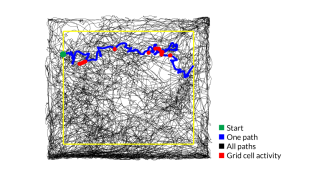 Neuroscience
NeuroscienceWhen brain’s GPS goes awry, barriers can reboot it
Brain’s internal map self-corrects when it hits a (literal) wall.
-
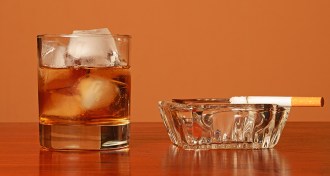 Neuroscience
NeuroscienceNicotine exposure escalates rats’ desire for alcohol
Rats drink more alcohol after they’ve been hooked on nicotine.
-
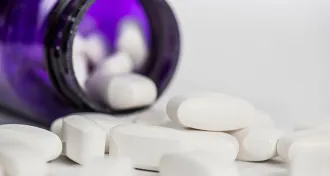 Health & Medicine
Health & MedicineGenes may influence placebo effect
Certain gene variants may predispose people to experience the placebo effect, which may have implications for clinical trials and personalized medicine.
-
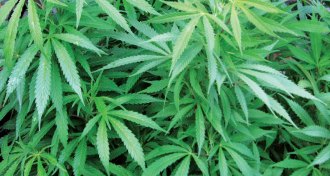 Neuroscience
NeuroscienceMarijuana component fights epilepsy
A buzz-free extract of marijuana could help epilepsy patients whose seizures resist other treatments.
By Nathan Seppa -
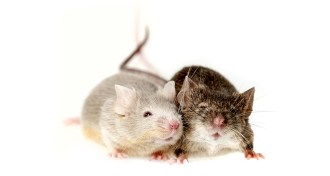 Neuroscience
NeuroscienceSerotonin and the science of sex
Some scientists say that low serotonin makes male mice mate with males and females. Others disagree. In the end, it’s not about sexual preference, but about how science works.
-
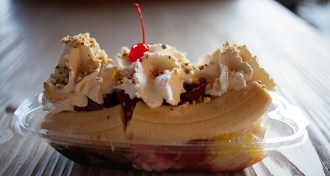 Neuroscience
NeuroscienceBrains may be wired to count calories, make healthy choices
Fruit flies appear to make memories of the calories in the food they eat, an observation that may have implications for weight control in humans.
-
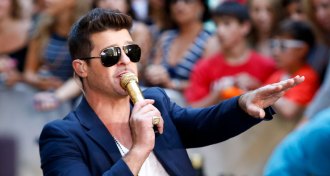 Science & Society
Science & SocietyForensic analysis finds ‘Blurred Lines’ case not so clear
In March, courts ruled that the song “Blurred Lines” borrowed from Marvin Gaye’s “Got to Give it Up.” But a closer look finds the songs aren’t all that alike.
-
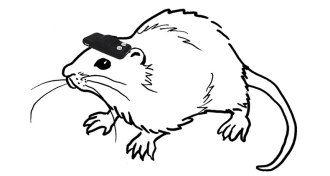 Neuroscience
NeuroscienceRats can navigate mazes, even when blind
Blind rats can learn to navigate with a compass and microchip prosthetic wired into their brains. Similar devices may one day help humans have super senses.
-
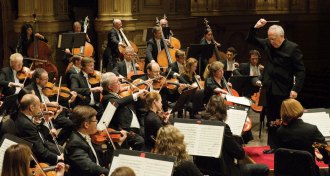 Neuroscience
NeuroscienceOur taste in music may age out of harmony
Age-related hearing loss may be more than just the highest notes. The brain may also lose the ability to tell consonance from dissonance, a new study shows.
-
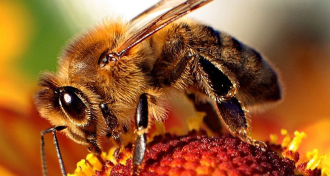 Environment
EnvironmentManganese turns honeybees into bumbling foragers
Ingesting low doses of the heavy metal manganese disrupts honeybee foraging, a new experiment suggests.